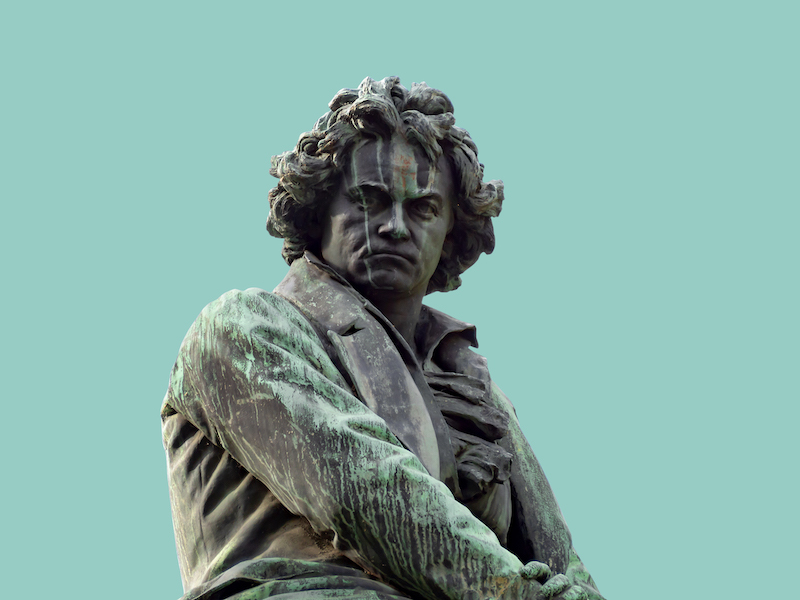With a dramatic opening that might suggest two celebratory fusillades of musket-fire, a funeral march for a slow movement, a scherzo in place of a minuet, and a set of variations for a fourth movement, Beethoven’s Eroica departed significantly from the symphonic conventions of the 18th century. Composed between 1803 and 1804, the Symphony No 3 in E-flat major, Op.55, Eroica, is seen as a transformative turning point not only in the evolution of symphonic form but also in the composer’s own life, and this Adelaide Symphony Orchestra concert charted the origins and nature of the Eroica in revealing detail.

The program for this concert – which was performed as part of the Adelaide Festival – was conceived by acclaimed Australian composer and violist Brett Dean and Cambridge professor of history Sir Christopher Clark, and the plan was for Dean to conduct the ASO’s performances following Clark’s introduction. Unfortunately, at the last moment, Dean was stricken with the coronavirus and conductor Richard Mills hastily stepped in to replace him on the podium; the evening’s performances were preceded by a video greeting by Dean from his Adelaide hospital bed.
Speaking from a lectern on...
Continue reading
Get unlimited digital access from $4 per month
Already a subscriber?
Log in










Comments
Log in to join the conversation.